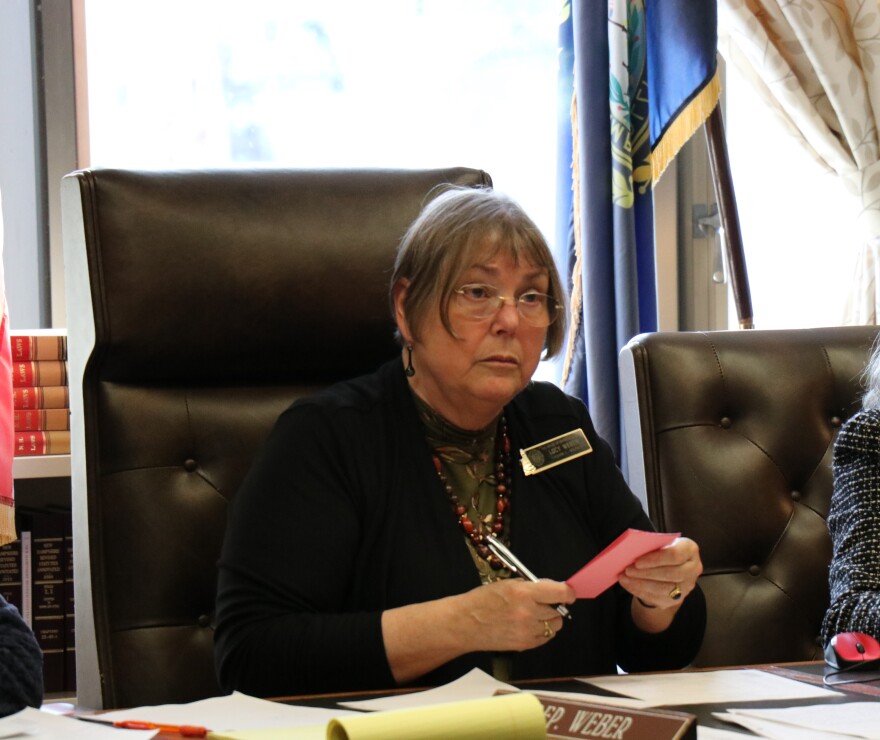New Hampshire state lawmakers have a dozen marijuana-related bills on their plate in 2019. Most of them involve proposed updates and expansions for the state's therapeutic cannabis program.
There are two bills calling for legalization of recreational marijuana for adults:

- House Bill 481 would allow for legalization, regulation and taxation of cannabis, licensing of cannabis establishments, as well as regulation of hemp and hemp products.Rep. Renny Cushing, the prime sponsor of the bill, says a conservative revenue estimate is $33 million a year. The House Criminal Justice and Public Safety Committee holds a public hearing on this bill on Feb. 5 at 1 p.m. The committee expects a crowd -- the hearing will be in Representatives Hall.
- House Bill 722, sponsored by Rep. John Hunt, would legalize marijuana and allow sales to those 21 and older. The Department of Revenue Administration projects a revenue range of $11.5 million to $27.4 million. There is no hearing scheduled yet for this bill.
Related: Sununu Applauds Anti-Drug Commission Opposition to Marijuana Legalization
Here is a rundown of the pending medical marijuana legislation:
- House Bill 335: Clarifies where a second cannabis dispensary can be located within a geographic area
- House Bill 350: Adds physician assistants as prescribing providers
- House Bill 364: Permits qualifying patients and designated caregivers to cultivate cannabis for therapeutic use
- House Bill 366: Adds opioid use disorder to list of qualifying conditions for therapeutic cannabis
 Credit Dan Tuohy / NHPR
Credit Dan Tuohy / NHPRRep. Renny Cushing, D-Hampton, introducing his bill to add opioid use disorder as a condition for medical marijuana. - House Bill 399: Establishes annulment process for those convicted of possessing 3/4 of an ounce or less of marijuana - if offense occurred before Sept. 16, 2017, when New Hampshire decriminalized pot. A committee recommends the House pass this bill. The full House considers it Thursday, Jan. 31.
- House Bill 461: Adds Lyme disease, insomnia, and anxiety to qualifying conditions
- Senate Bill 33: Authorizes N.H. Health & Human Services to collect certain data regarding therapeutic cannabis use.
- Senate Bill 88: Eliminates the time frame for a provider-patient relationship, which is currently defined in state law as a medical relationship of "at least three months."
- Senate Bill 175: Changes the definition of qualifying medical condition for the therapeutic cannabis program. Sen. John Reagan, a Republican from Deerfield who sponsored the original medical marijuana law, proposes that a qualifying condition means "any condition for which treatment is determined to be necessary by a provider."
"New Hampshire has the most restrictive uses and the most restrictions on being able to purchase and use therapeutic cannabis," Reagan said in an interview. "It's been burdensome to the patients."








